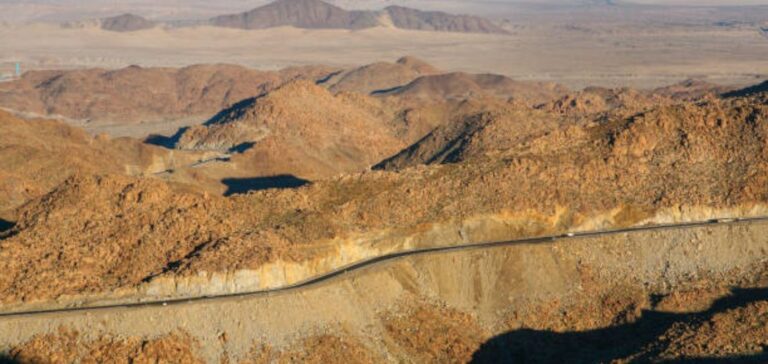IsoEnergy Ltd. has completed the sale of its Argentine subsidiary to Jaguar Uranium Corp. a privately-owned company specializing in the uranium sector in Latin America. This transaction enables IsoEnergy to refocus on its core activities in North America and Australia, jurisdictions renowned for their uranium resources.
The disposal of the Laguna Salada and Huemul projects offers the company the opportunity to reallocate its resources and capital more efficiently towards assets deemed strategic.
IsoEnergy’s strategy is based on maximizing shareholder value through accretive opportunities.
By divesting its non-core assets in Argentina, the company can now focus its efforts on near-term production in the USA and project development in Canada and Australia.
This move is perfectly aligned with IsoEnergy’s growth and profitability objectives.
Strengthened equity portfolio and growth potential
The transaction with Jaguar Uranium Corp.
includes an equity interest valued at approximately C$13.6 million, bringing the total value of IsoEnergy’s equity portfolio to C$16.9 million.
IsoEnergy’s shareholdings include NexGen Energy Ltd, Premier American Uranium Inc. and Atha Energy Corp. In addition, IsoEnergy will benefit from an investor rights agreement, enabling it to maintain ongoing exposure to Argentine projects via future financings and a seat on Jaguar’s board of directors. Jaguar Uranium Corp.’s technical and operational expertise in Latin America guarantees the continued development of the Laguna Salada and Huemul projects. IsoEnergy thus retains a significant share of the potential upside of these projects, while delegating their management to a specialist company.
Outlook and sector analysis
The sale of Argentine assets to Jaguar Uranium Corp.
is a concrete example of IsoEnergy’s ability to execute strategic transactions to optimize its portfolio.
By focusing on key jurisdictions such as the USA, Canada and Australia, IsoEnergy is positioning its assets to meet the growing demand for uranium, driven by the global energy transition and the need for low-carbon energy sources.
IsoEnergy’s ongoing involvement in the development of Jaguar’s projects in Argentina testifies to its long-term vision and confidence in the growth potential of the South American uranium market.
This collaborative strategy enables IsoEnergy to diversify its risks while maximizing returns for its shareholders.
This transaction strengthens IsoEnergy’s position in the uranium market, while offering it prospects for sustainable growth and increased exposure to promising projects outside its main jurisdictions.
The partnership with Jaguar Uranium Corp.
opens up new development opportunities for both companies, aligned with the strategic objectives of value creation and expansion.






















